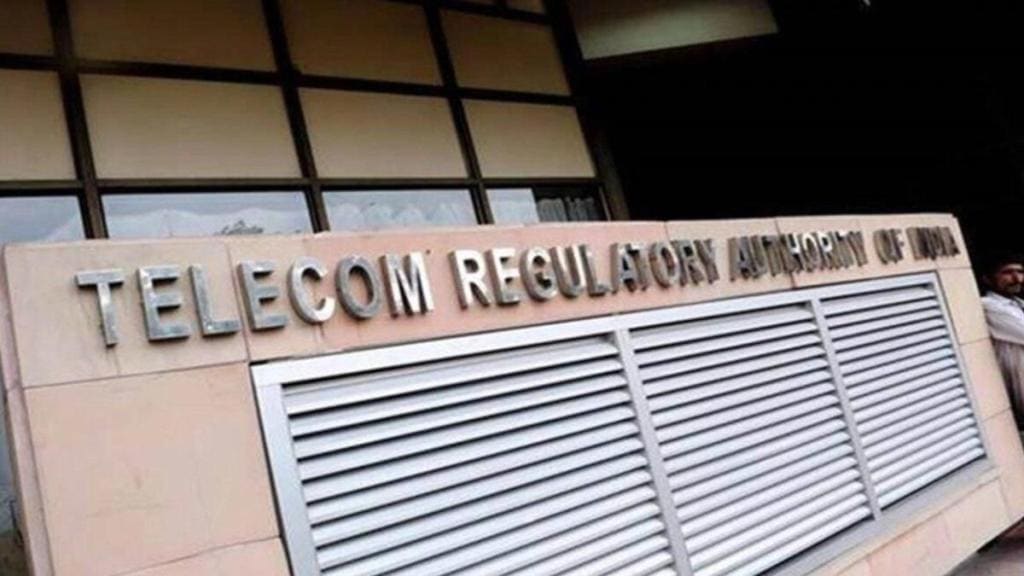Months after notifying a digital mechanism for enterprises to seek user consent for commercial SMSes and calls, the Telecom Regulatory Authority of India (Trai) on Tuesday said any alternate method to obtain consent, other than the one recommended by it, will be considered null and void.
The authority has asked the enterprises to expedite the onboarding of the Digital Consent Acquisition (DCA) system as per Telecom Commercial Communications Customer Preference Regulations, 2018 (TCCCPR-2018). The direction from Trai comes after it noticed that many principal entities (PEs) such as banks, financial institutions, insurance companies, trading companies, business entities, real estate companies, etc, have been obtaining and maintaining consent in a manner, which was making it difficult for telcos to check veracity of consents.
In June, the Trai had asked telcos and principal entities to develop a digital consent acquisition facility with a mechanism to allow users to revoke such consent, by July 31 and start taking user consent from August 1. However, the enterprises and telcos have not started complying with Trai directions so far, officials said.
“It is specifically highlighted that after implementing DCA, the existing consents, acquired through alternative means, shall be rendered null and void and fresh consents will have to be sought by all PEs through digital means only,” Trai said in a release.
“All the Principal Entities are hereby requested to take urgent necessary steps to be onboard the DCA system as per the timelines prescribed,” the release added.
As per the directions, principal entities will use a common short code starting with 127 for sending consent-seeking message. The purpose, scope of consent and principal entity/brand name shall be mentioned clearly in the consent-seeking message sent through the short code. Only whitelisted URLs/ APKs (android package kits file format)/OTT links/call back numbers etc, shall be used in the consent-seeking messages, Trai said.
The consent acquisition confirmation message to the customers should also have information related to the revocation of the consent. Further, Trai had also asked telcos to develop an SMS/online facility to register the unwillingness of the customers to receive any consent-seeking message initiated by any principal entity.
The regulations around seeking user consent and revocation are there presently. However, the same was not being complied with strictly by the telecom operators and principal entities, thereby leading to users getting unsolicited communication. Most of the promotional messages were also being sent under the service message category, bypassing the DLT (Digital Ledger Platform) system.
Currently, users can block telemarketing calls and messages by sending a message to 1909 from their registered mobile number. By calling on 1909, users can activate the do not disturb (DND) facility for not receiving promotional calls.
However, despite revoking consent for promotional messages, users have complained regarding an increase in promotional messages and calls. Lately, Trai also asked enterprises to verify and clean their headers and templates used for sending commercial messages.

